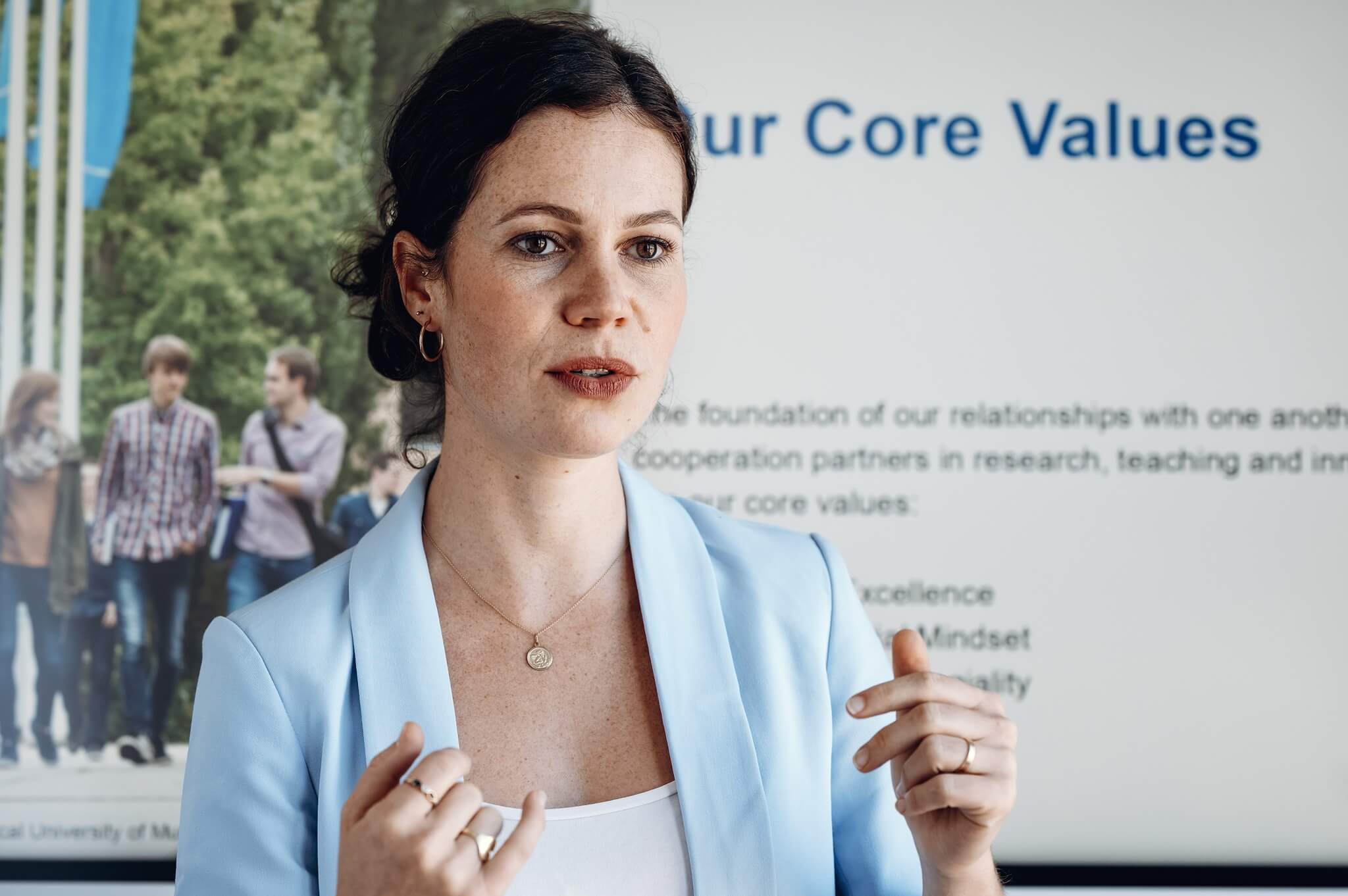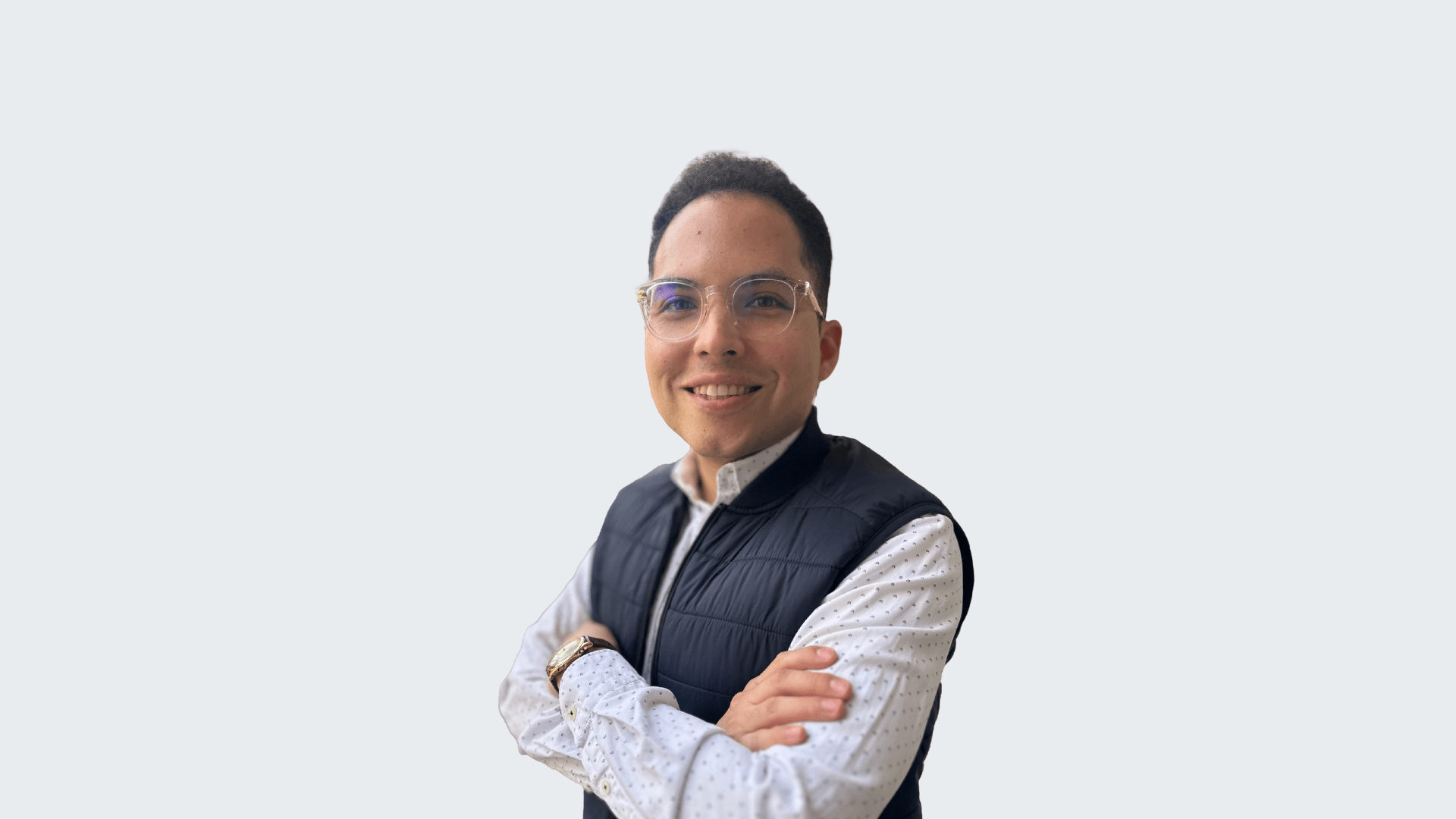Advanced Education for Executives and Professionals.
The Technical University of Munich (TUM) offers you ideal conditions for lifelong learning.
Our advanced education programs are tailored to the needs of professionals and range from short one-day workshops and certifications with industry standard to full academic master’s degrees awarded by the Technical University of Munich. Individual leadership development programs, flexible online formats, and customized programs for organizations are also part of TUM Institute for LifeLong Learning’s advanced education offerings. Grow with us!
Master & MBA
Our study program for executives and professionals.
Certificate Programs
Wide range of advanced training opportunities for professionals.
For Organizations
Tailor-made offers for companies and international universities.
Find the Right Program for you.
Our Program Finder gives you a quick and easy overview of all programs and allows you to select according to your preferences.
Four Reasons to choose the TUM Institute for LifeLong Learning
Utilize the TUM ecosystem, benefit from the university’s entrepreneurial mindset, and connect cutting-edge findings from research, technology advancement, and practical applications.
01
1
Unite Research and Practice.
TUM is a pioneer in the development of new technologies and a leader in the natural and social sciences. From medicine to management and leadership – TUM’s research centers cover the entire range of continuing education disciplines. We draw on their knowledge and transfer cutting-edge research to the needs of people and organizations in the real world.
Die TUM ist Vorreiterin in der Entwicklung neuer Technologien und führend in den Natur- und Sozialwissenschaften. Von Medizin über Management bis hin zu Leadership – die Forschungszentren der TUM decken die gesamte Bandbreite der Weiterbildungsdisziplinen ab. Wir schöpfen aus ihrem Wissen und übertragen Spitzenforschung auf die Bedürfnisse von Menschen und Organisationen aus der Praxis.
02
2
Foster a Responsible Mindset.
The content, teaching and design of our programs are shaped by a value-oriented approach – and follow our conviction that only with a responsible mindset can we effectively and sustainably overcome current and future challenges in our society
Inhalte, Lehre und Design unserer Programme sind von einem werteorientierten Ansatz geprägt – und folgen unserer Überzeugung: Nur mit einer verantwortungsbewussten Denkweise lassen sich aktuelle und zukünftige Herausforderungen unserer Gesellschaft effektiv und nachhaltig bewältigen.
03
3
Use the Potential of Technology-Enhanced Learning.
At TUM, we develop and integrate the latest technology-enhanced teaching and learning methods within our further education programs. Always having the goals of our participants in mind, we follow a learning approach that is both structured and individualized to help them reach their full potential.
At TUM, we develop and integrate the latest technology-enhanced teaching and learning methods within our further education programs. Always having the goals of our participants in mind, we follow a learning approach that is both structured and individualized to help them reach their full potential.
04
4
Profit from an excellent international network.
TUM has a unique network: the university works together with leading research institutions, renowned companies and pioneering start-ups. In our continuing education programs, we promote interdisciplinary exchange and network our participants and alumni with partners from academia and industry.
TUM has a unique network: the university works together with leading research institutions, renowned companies and pioneering start-ups. In our continuing education programs, we promote interdisciplinary exchange and network our participants and alumni with partners from academia and industry.

One of Germany’s best universities
The Technical University of Munich regularly ranks among the top universities in Germany and Europe in national and international rankings, such as the Shanghai Ranking, QS, THE, and the Global Employability Ranking.
What our Alumni say

Info Sessions
News & Insights
Subscribe to our Newsletter
Get our latest news, insights, event and program highlights directly in your inbox. The newsletter is sent out in English every 6-8 weeks, and you can unsubscribe anytime.
How can we help you?
Email:
Phone:
You are currently viewing a placeholder content from Facebook. To access the actual content, click the button below. Please note that doing so will share data with third-party providers.
More InformationYou need to load content from reCAPTCHA to submit the form. Please note that doing so will share data with third-party providers.
More InformationYou are currently viewing a placeholder content from Instagram. To access the actual content, click the button below. Please note that doing so will share data with third-party providers.
More InformationYou are currently viewing a placeholder content from X. To access the actual content, click the button below. Please note that doing so will share data with third-party providers.
More Information


